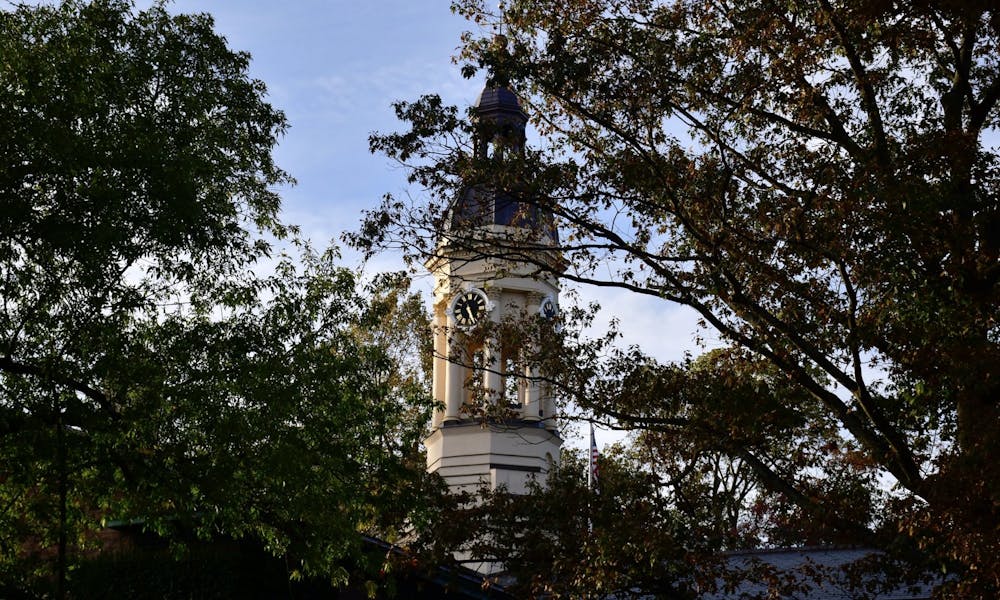On Friday, June 19, the University will commemorate Juneteenth by providing faculty and staff with a “fully paid day off,” according to a statement from the Office of Communications posted on Thursday.
In an email to faculty, Provost Deborah Prentice wrote that the administration’s decision stemmed from the conviction that “action must be rooted in reflection.”
“This year’s Juneteenth celebration comes at a moment of deep reckoning in our nation, as communities across the country wrestle with the reality and legacy of institutional racism,” the announcement read. “The brutal killings of George Floyd, Ahmaud Arbery, Breonna Taylor and Rayshard Brooks, part of a long history of acts of violence and intimidation directed against Black people, demand that both individuals and institutions commit themselves to rejecting racism in all its forms.”
According to the University statement, observing Juneteenth acknowledges the day’s significance “for our community” and provides “space to contemplate how we can do our part to eliminate structural and overt racism and other forms of discrimination on our campus, in our communities, and in country.”
Those University employees whose obligations require them to report to work on June 19 will receive “compensatory time off” at a later date, according to the announcement.
The statement also linked to a document curated by the Office of Human Resources, which lists around 90 books, articles, learning tools, podcasts, and films, which the statement encouraged community members to “explore as you determine your response to this moment.”
Among other resources, the document included works by University professors, past and present: “The First Civil Right: How Liberals Built Prison America” by Naomi Murakawa, “Democracy in Black: How Race Still Enslaves the American Soul” by Eddie S. Glaude, Jr. GS ’97, “#BlackLivesMatter to Black Liberation” by Keeanga-Yamahtta Taylor, “More Beautiful and More Terrible: The Embrace and Transcendence of Racial Inequality in the United States” by Imani Perry, and “Race After Technology” by Ruha Benjamin.
The list also includes iconic literary works, such as “The Bluest Eye” by Professor Emerita Toni Morrison, who passed away in the fall of 2019.

The University statement stressed that this “moment of reflection is just one step on a longer journey.”
“The University is currently working with our community and identifying concrete steps to enhance its commitment to structural change and anti-racism,” the statement read. “We encourage each of you to be an active participant in the struggle to eliminate racism at Princeton and beyond.”
Assistant Dean of Undergraduate Students Ian Deas tweeted his gratitude for the University’s decision.

Juneteenth is the oldest nationally celebrated commemoration of the end of slavery in the United States. Specifically, it marks June 19, 1865, the day Union soldiers arrived in Galveston, Texas, with news of the Emancipation Proclamation.
Juneteenth is neither a national holiday nor a state holiday in New Jersey. Although the state legislature recognized it as a day of celebration in 2004, it is not a paid day off for the state’s public employees. On Wednesday, June 17, Gov. Andrew Cuomo of neighboring New York announced that Juneteenth will be an official state holiday beginning next year.
Earlier this week, Harvard University announced similar measures, including paid time off for all faculty and staff, in observance of Juneteenth.
On Thursday, a Juneteenth block party was held at the YMCA Field in Princeton. The event was advertised as a “day of celebration, remembrance, and activism,” and local families were invited to participate.








